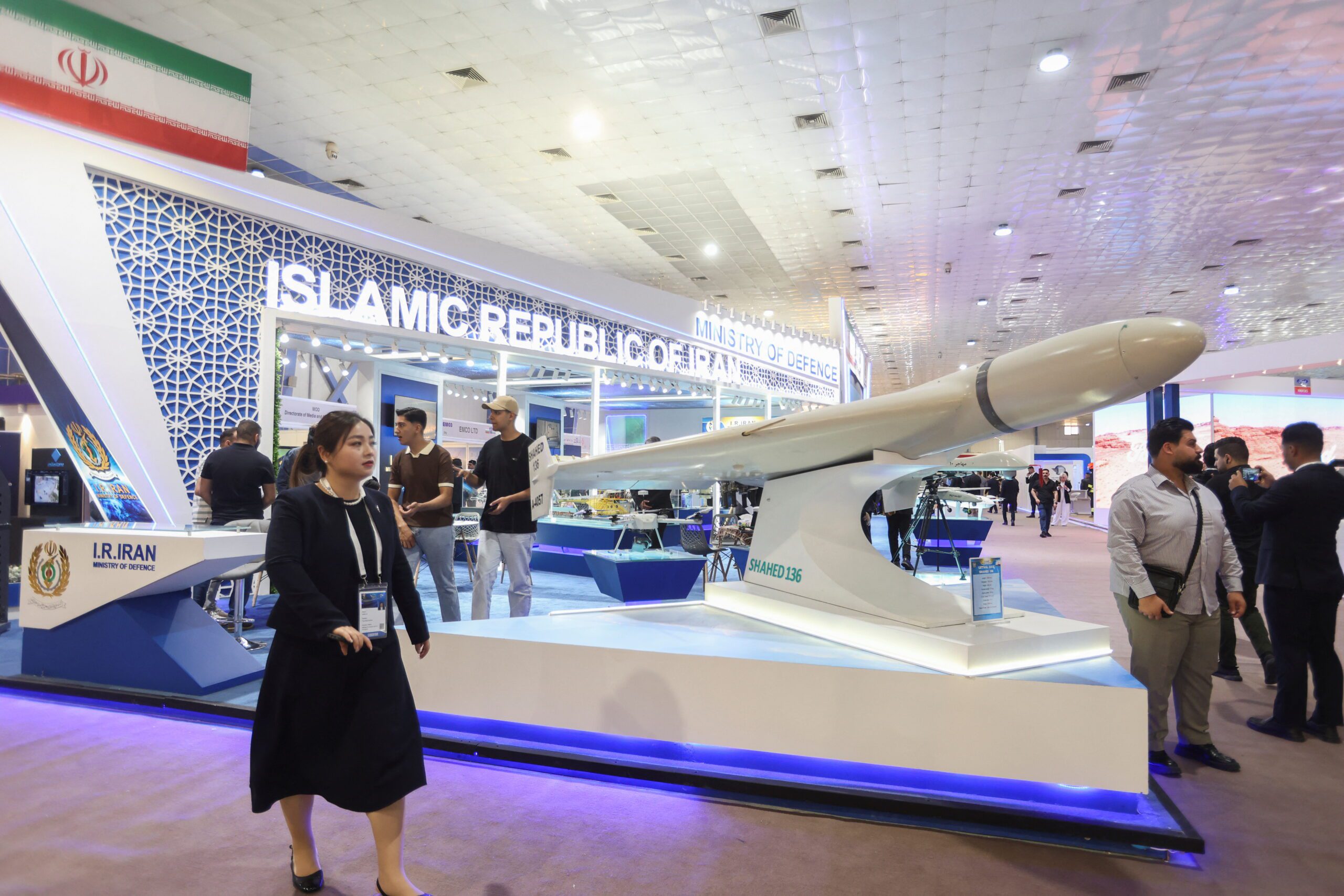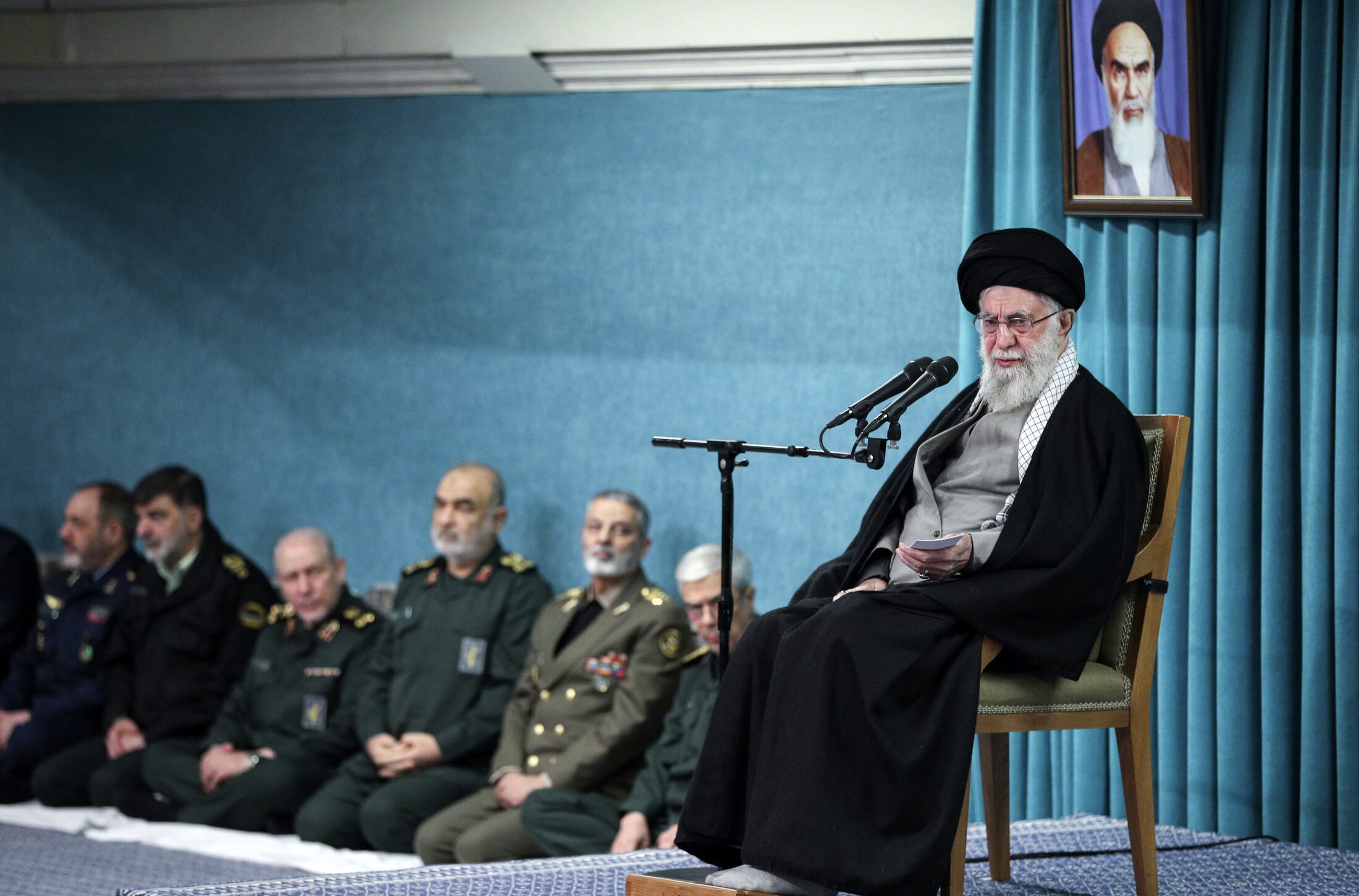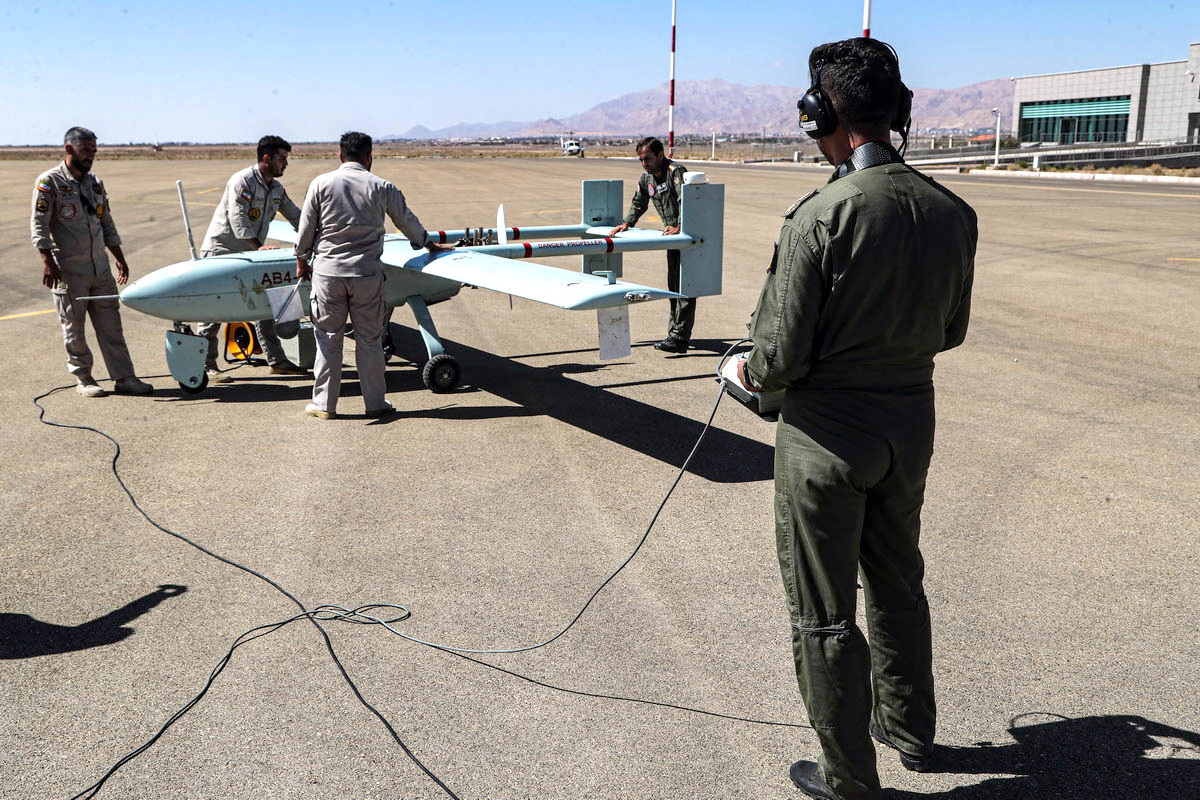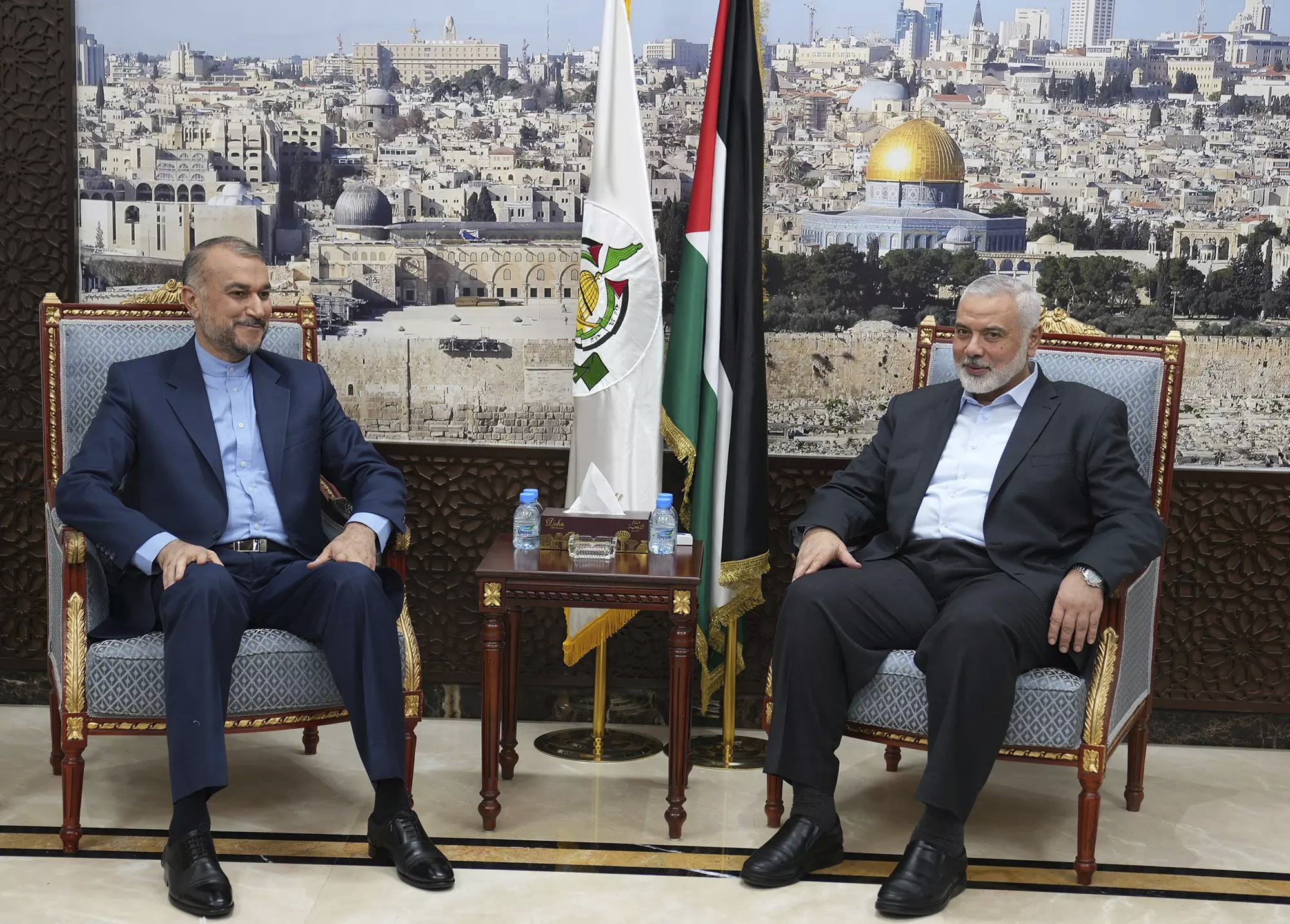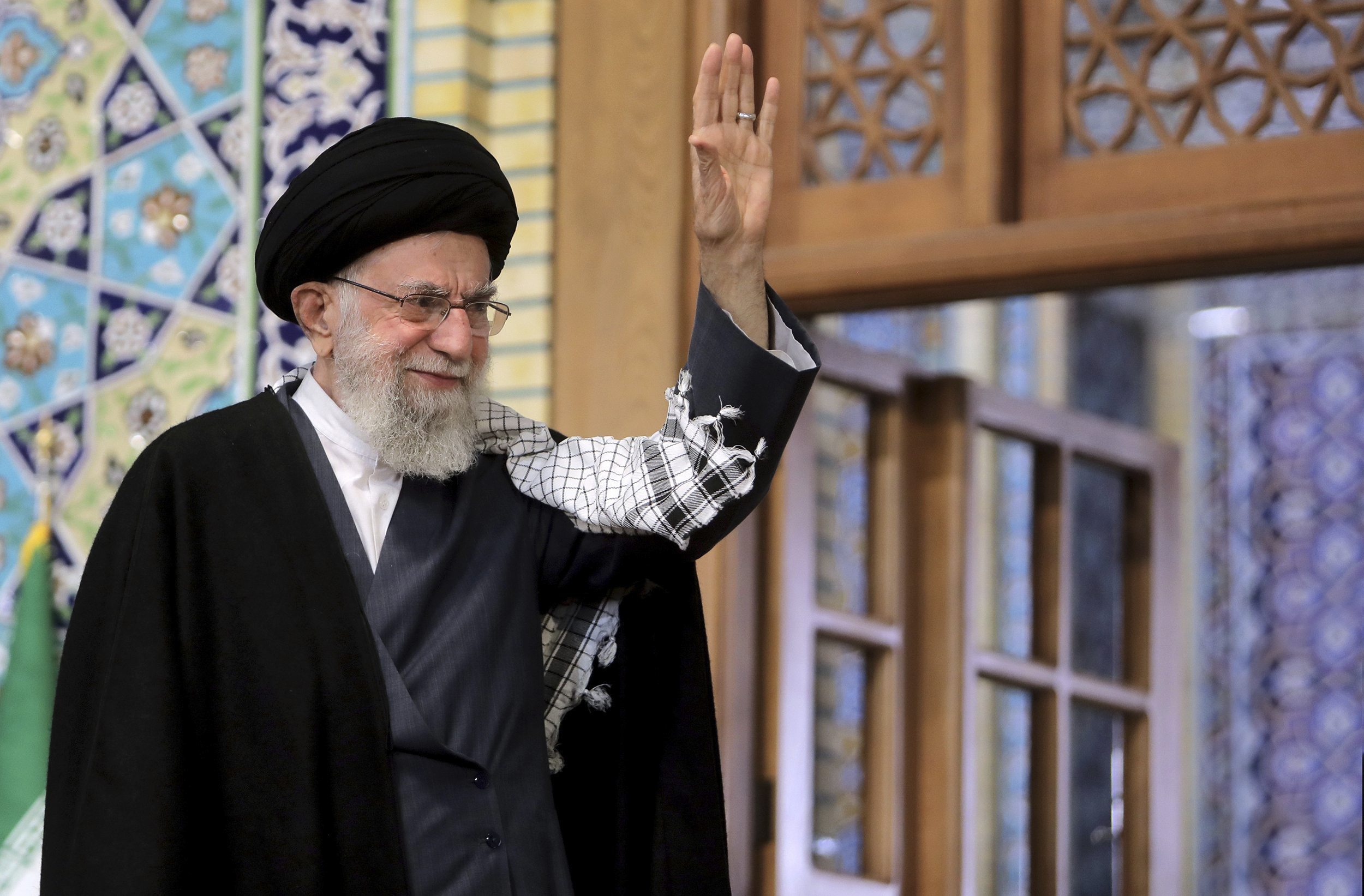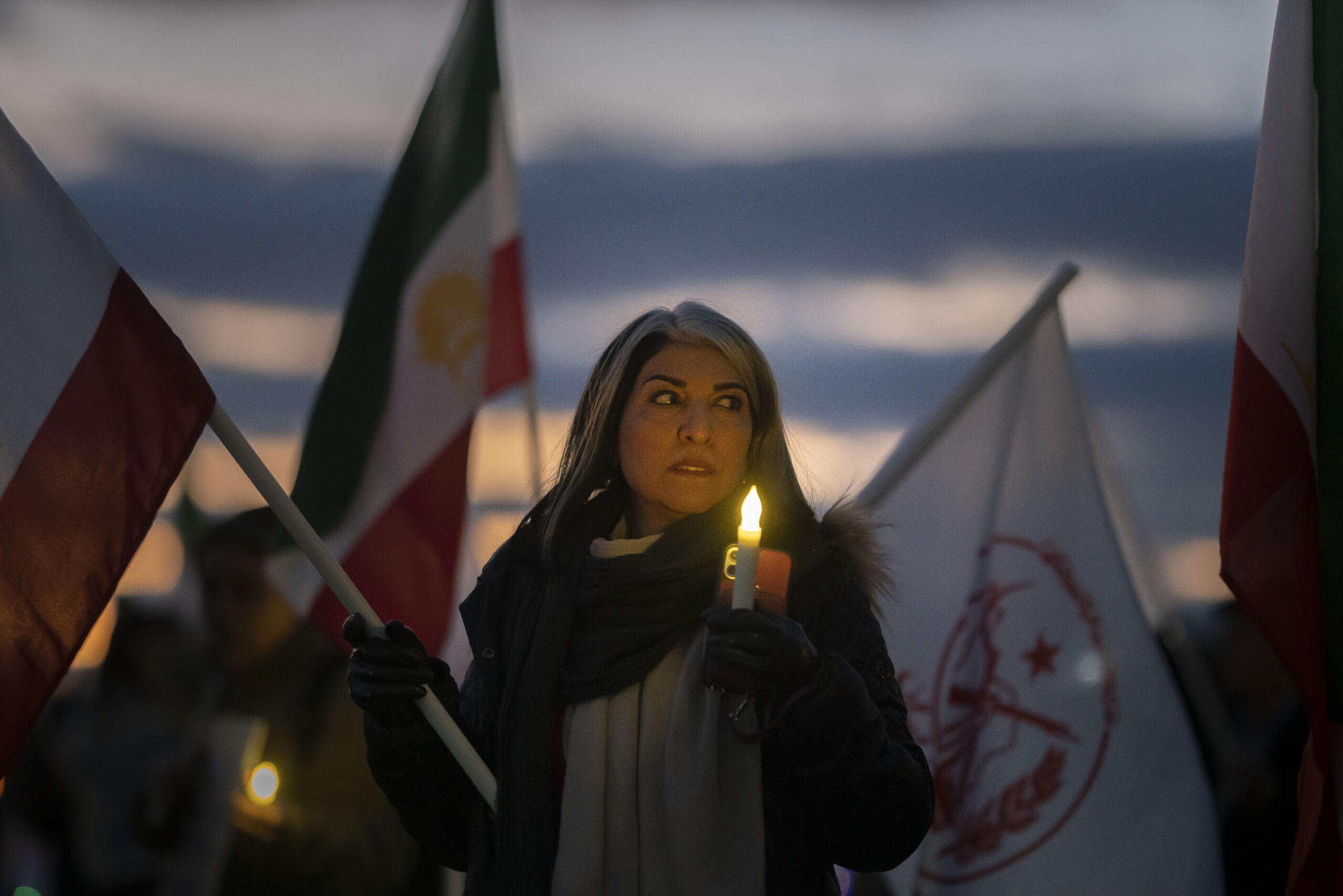
Sara Bazoobandi
Non-Resident Fellow, AGSI; Marie Curie Fellow, German Institute of Global and Area Studies
Sara Bazoobandi is a non-resident fellow at the Arab Gulf States Institute. She is the Marie Curie fellow at the German Institute of Global and Area Studies working on Iran’s economic diversification and economic resilience strategies. Additionally, Bazoobandi is the managing director of Middle East Risk Consulting, a boutique consultancy firm providing risk management and business intelligence for global clients. Prior to this, she was a senior lecturer in international political economy at Regent’s University London. She was also a visiting scholar at the Middle East Institute of the National University of Singapore. Bazoobandi has served as an economic analyst for various international corporate organizations, policy advisory institutions, and think tanks, including Nomura International, Roubini Global Economics, and Fundación para las Relaciones Internacionales y el Diálogo Exterior.
Bazoobandi has contributed to various global and regional Track II initiatives and research projects on political, economic, and social affairs of the Middle East and North Africa. She was an associate fellow at the MENA program of the Royal Institute of International Affairs, Chatham House, from 2013-16, and was appointed a member of the Global Agenda Council of the World Economic Forum on the Middle East and North Africa for 2014-2016. She has been a fellow at Higher Education Academy in the United Kingdom since 2015.
Bazoobandi holds a PhD in Arab and Islamic studies from Exeter University and an MSc in economic development in emerging markets from the University of Reading. She received the Anthony Parsons Scholarship in 2009 from Exeter University. Bazoobandi speaks Persian, English, and Arabic.
Her work and commentary on global affairs has been widely published in Farsi and English media. She is the author of the forthcoming book The New Regional Order in the Middle East: Changes and Challenges (Palgrave Macmillan); Political Economy of the Gulf Sovereign Wealth Funds: A Case Study of Iran, Kuwait, Saudi Arabia and the United Arab Emirates (Routledge, 2012); “Sanctions and Isolation, the Driving Force of Sino-Iranian Relations” (East Asia Journal, 2015); “GCC Sovereign Wealth Funds: Aims and Motives” (Istituto Per Gli Studi di Politica Internazionale, 2015, 61-81); “Iran’s Economy and Energy: Back in Business?” (Istituto Per Gli Studi di Politica Internazionale, 2015, 25-49); “Sanctions against Iran: Winners and Losers” (European Union Institute for Security Studies, 2015, 57-67); and “The Future of Economic Reform in Saudi Arabia” (Les cles du Moyen-Orient, 2019) as well as the editor of The Politics of Food Security: Asian and Middle Eastern Strategies (Gerlach Press, 2013).

